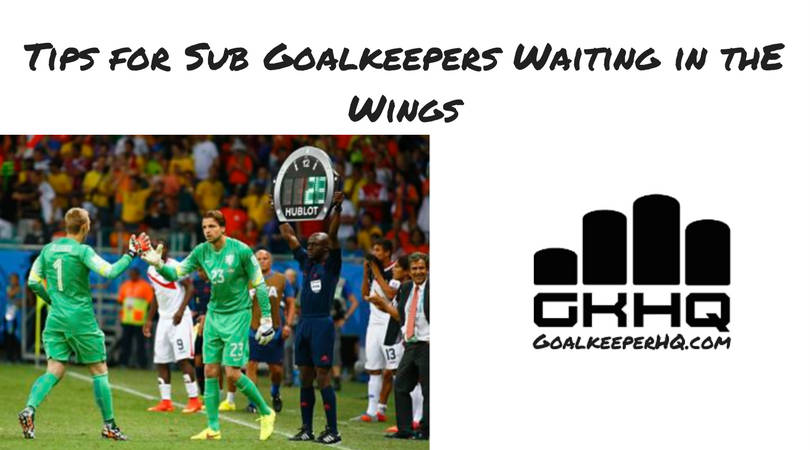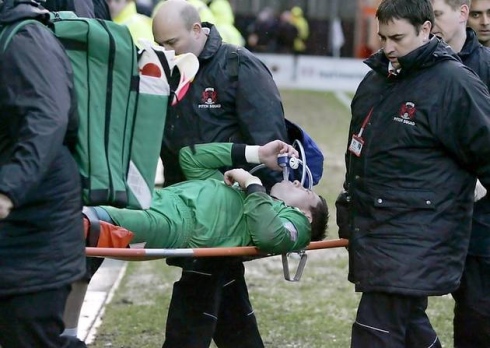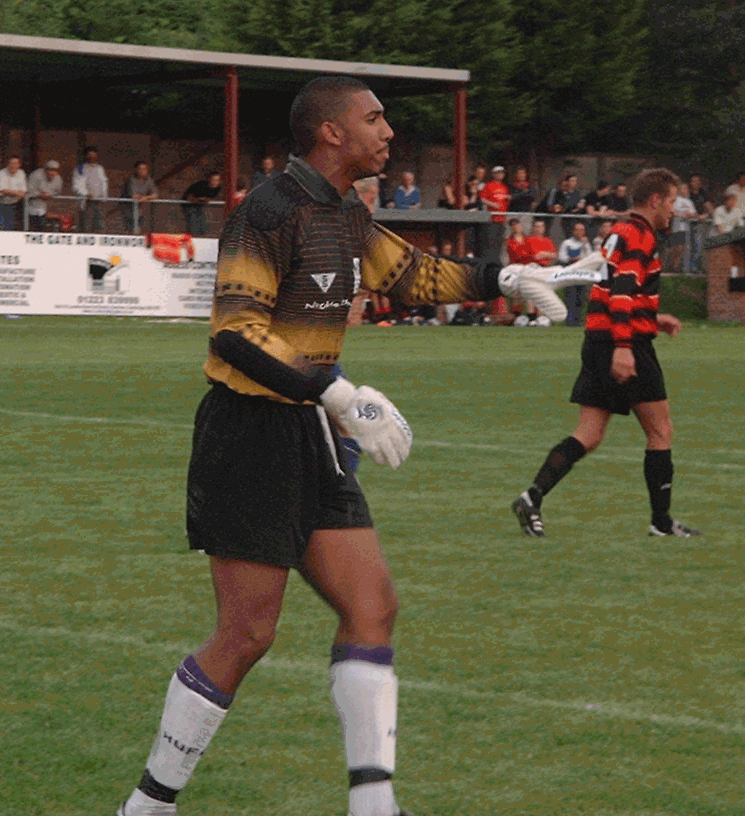 As a goalkeeper, you are responsible for guiding your team. You have the privilidge of seeing the whole field and should see the opposition set up their attacking play. It is your responsibility to share what you see.
As a goalkeeper, you are responsible for guiding your team. You have the privilidge of seeing the whole field and should see the opposition set up their attacking play. It is your responsibility to share what you see.
The call from the goalkeeper must be early . The purpose of calling is to give information in time for effective action to be taken. Late calls do not permit effective action. There are three elements to effective communication. 1) When 2) What & 3) How
Clarity of voice and information is essential. The call must be loud enough for the players to hear. Goalkeepers must not be afraid of “Turning up the volume” – it may be necessary to compete with the noise of the crowd. The information must also be clear. If information is being given to a player, then his name should be called.
The call should be decisive and should be in a voice of command.
The voice whilst being loud, decisive and authoritative, must also be calm . The worst thing which could happen would be to panic team-mates into action.
Whilst constant communication of various types should be the norm, I see two main times when an instruction is vital.
1) When the ball is in the air
2) When the ball is has gone behind the defense and they are now facing you – the goalkeeper.
Vocabulary:
When the ball is either in the air of behind defense.
Keeper’s/Keeper’s Ball : You are coming to collect.
Away : You can’t deal with it, but hopefully someone else can.
Come home : Relaxed way of telling players that you are available as support.
Turn outside : No need to knock it back, turn so you can set up an attack.
Knock it back/ Head it back : It’s keepers ball, but needs a player to help it on to you.
There is a difference in vocabulary used depending on if the team has possession or not. When in possession
When the team-mate has time on the ball:
“Time – two-touch”
“Time – turn”
“Time – carry”
When the team-mate is under pressure:
“Man on!”
“Away – Man on”
“Clearance”
When the keeper wants the team mate to pressure the ball-carrier:
“Get tighter!”
“Close him/her down”
“Stand up! Stay on your feet”
When the keeper wants to make play predictable:
“No turns!”
“Show inside / down the line”
When the ball has been cleared and you want the defense to compact the play:
“Squeeze!” (Quickly over a short distance)
“Step up!” (Gradually)
When the keeper wants the defense to hold a line:
“Hold the D” (5yds higher than box)
“Hold the edge” (of the area)
“Hold the spot”
“Level with the 6” (yard box)
“Level with the ball”
Last article
Next article
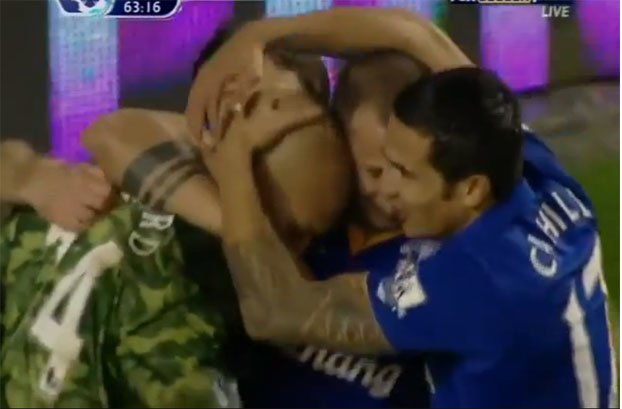 I’m writing on this topic as I recently attended a cup game in which a team was losing by one goal in the last minute and having won a corner, the coach told the goalkeeper to go up only for the young player not to know what the coach meant.
I’m writing on this topic as I recently attended a cup game in which a team was losing by one goal in the last minute and having won a corner, the coach told the goalkeeper to go up only for the young player not to know what the coach meant.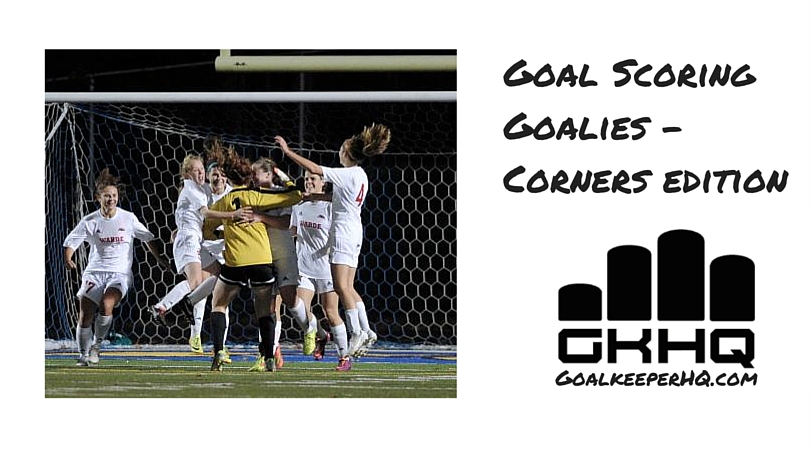
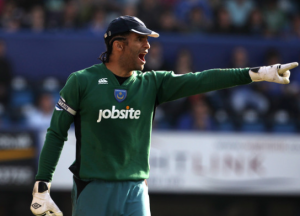

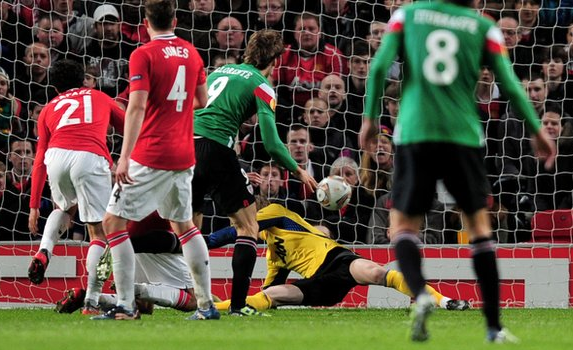
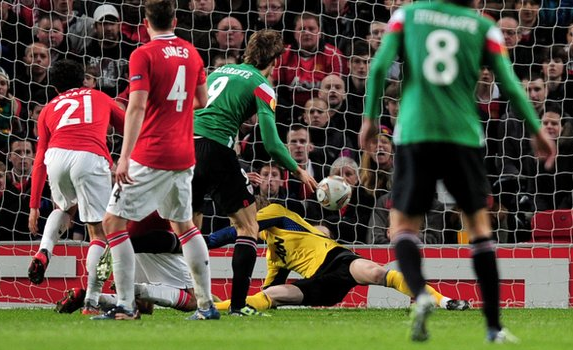
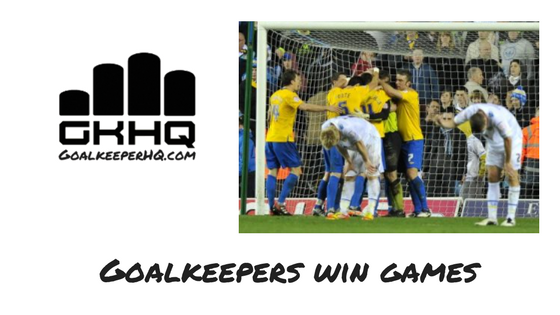
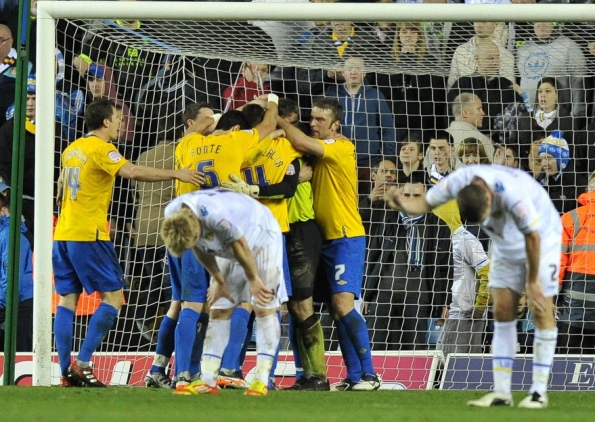

 In what must be the last kick of the game, the opposition manage to get a shot off – it goes top corner and you manage to tip the ball over the bar…. The crowd cheer and your team mates make you feel like royalty.
In what must be the last kick of the game, the opposition manage to get a shot off – it goes top corner and you manage to tip the ball over the bar…. The crowd cheer and your team mates make you feel like royalty.